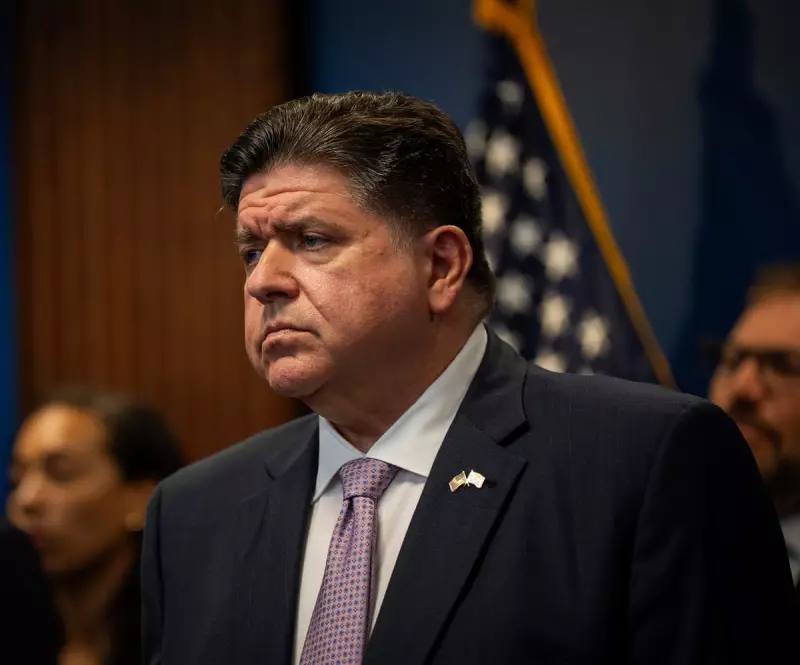
In a controversial move that's sending shockwaves through Illinois politics, Governor JB Pritzker has unveiled plans to redirect hundreds of millions in gambling tax revenue away from infrastructure projects to instead shore up the state's strained budget.
The Great Revenue Reallocation
The ambitious proposal would see approximately $200 million annually, originally earmarked for the Rebuild Illinois capital programme, diverted to cover general state expenses. This dramatic shift comes as Illinois faces mounting financial pressures, with the governor's administration arguing that tough choices are necessary to maintain essential services.
Infrastructure vs. Immediate Needs
Critics are sounding alarms about the potential consequences for the state's long-term infrastructure goals. The Rebuild Illinois programme, a cornerstone of Pritzker's legislative achievements, has funded everything from road repairs to bridge improvements across the state.
Meanwhile, supporters of the governor's plan point to the urgent financial realities facing the state. With economic headwinds and rising costs, they argue that maintaining core services must take precedence over capital projects.
The Gambling Expansion Paradox
This situation highlights the complex relationship between states and gambling revenue. Illinois has significantly expanded gambling in recent years, including:
- New casino licenses across multiple regions
- Sports betting legalisation
- Expanded video gaming terminals
- Potential new Chicago casino development
Yet despite this expansion, the state finds itself grappling with how to allocate the resulting revenue streams amid competing priorities.
Social Responsibility Concerns
Anti-gambling advocates have seized on the situation, arguing that it demonstrates the inherent instability of relying on gambling revenue for essential government functions. They contend that this dependency creates problematic incentives and exposes state budgets to volatility.
Political Fallout and Future Implications
The proposal sets the stage for a heated legislative battle, with lawmakers from both parties expressing concerns about the long-term implications. Some question whether this represents a temporary measure or a permanent shift in how Illinois funds its government.
As the debate intensifies, all eyes will be on how this affects Pritzker's political standing and whether alternative solutions emerge to address the state's financial challenges without compromising infrastructure investments.





